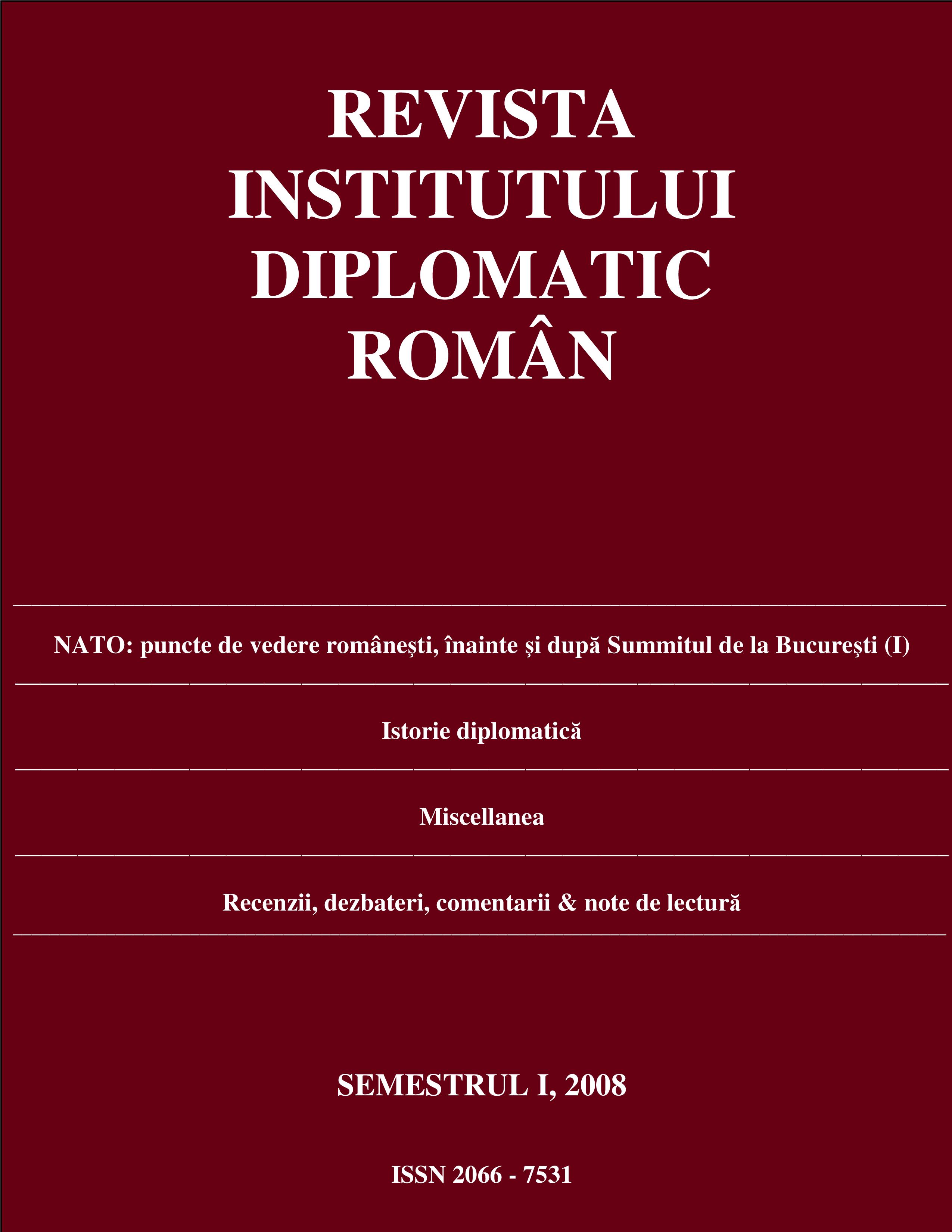Crisis management & collateral language. Case Study: The speeches of George W. Bush after the September 11 attacks
Crisis management & collateral language. Case Study: The speeches of George W. Bush after the September 11 attacks
Author(s): Adela RusuSubject(s): Politics / Political Sciences
Published by: Institutul Diplomatic Român
Summary/Abstract: The study evaluates the main speeches of George W. Bush, delivered by the President of USA in September/November 2001, after the terrorist attacks against the Twin Towers and the Pentagon. The author uses the methods and paradigms promoted by works as Collateral Language: A User’s Guide to America’s New War, edited by J. Collins and R. Glover, New York University Press, 2002. “collateral language” is actually an American political slang introduced by Collins and Glover in their attempt to identify a specific language used during war, due to its influence on the public opinion. It is coined with the help of one of the most representative expressions for this type of terminology, meaning “collateral damage”, which was intensely used by the American administration during the Gulf War in 1991. The author presents the impact of 9/11 on the American society and later on evaluates the main speeches delivered by the President of USA in the first three months after the terrorist attacks, revealing several recurrent themes and motives, often depicted as core American values, that seek to promote popular support for military response against the 9/11 terrorist attacks.
Journal: Revista Institutului Diplomatic Român
- Issue Year: I/2008
- Issue No: I
- Page Range: 140-155
- Page Count: 16
- Language: English

